Edgar Broughton Band | Interview | “Audience participation was a major contributor to the energy our gigs generated”
In the tumultuous landscape of the late 1960s and early 1970s, the Edgar Broughton Band emerged as a raw, unapologetic force, shaping the sonic revolution of their time.
Led by the enigmatic Edgar Broughton, the band defied convention with their blend of blues, rock, and psychedelia, creating a sound that was as fierce as it was captivating. With albums like ‘Wasa Wasa’ and ‘Sing Brother Sing,’ they captured the essence of the era, channeling the frustrations and aspirations of a generation grappling with social upheaval and political unrest.
“Audience participation was a major contributor to the energy our gigs generated”
Who were your major influences?
Edgar Broughton: I was interested in rock ‘n’ roll music from Little Richard onwards, including Bill Haley, Del Shannon, Elvis, and then blues such as Howlin’ Wolf, John Lee Hooker, Sonny Boy Williamson, Buddy Guy, etc. I also liked some of the UK beat groups, including The Hollies, The Searchers, The Shadows, of course, and The Beatles and The Rolling Stones. Then Captain Beefheart and the US West Coast music around ’66/’68. The Animals, The Yardbirds, John Mayall, Cream.
Edgar Broughton Band was founded in early 1968 in Warwick, England. You played (at that time) mostly around Warwick. At the start, you were a very blues-oriented band.
By then, we had really discovered the blues. It was slowly gaining recognition in the UK, and we were big fans. Also, the music usually had three chords or sometimes just one, so it was quite easy to get a handle on it. That said, we did have a very authentic sound as far as a white band could.
Were you in any bands before forming the Edgar Broughton Band?
We were called Tony and the Talons, don’t ask me why. I don’t know. Then The Original Road Runners and then The Edgar Broughton Blues Band. No releases prior to The Edgar Broughton Band, though we did make a couple of demos which are scattered across EMI’s later compilation releases.
In 1968, you moved to London where you got your first record contract. Soon your first single on Harvest Records was released (‘Evil’ / ‘Death of an Electric Citizen’) in June 1969.
It was very exciting to have a single out and one that clearly shows our energy levels at the time. Vic left because we were no longer interested in being a pure blues band.
In July 1969, your debut album was released. It was produced by Peter Jenner.
It was recorded mostly on eight tracks in lots of sessions over time as we began to learn what recording involved. I like it because it was of its time and represents a period in the history of bands becoming writers as well as performers. I also like that it is not like much else of its era and it is in fact quite strange and strong.
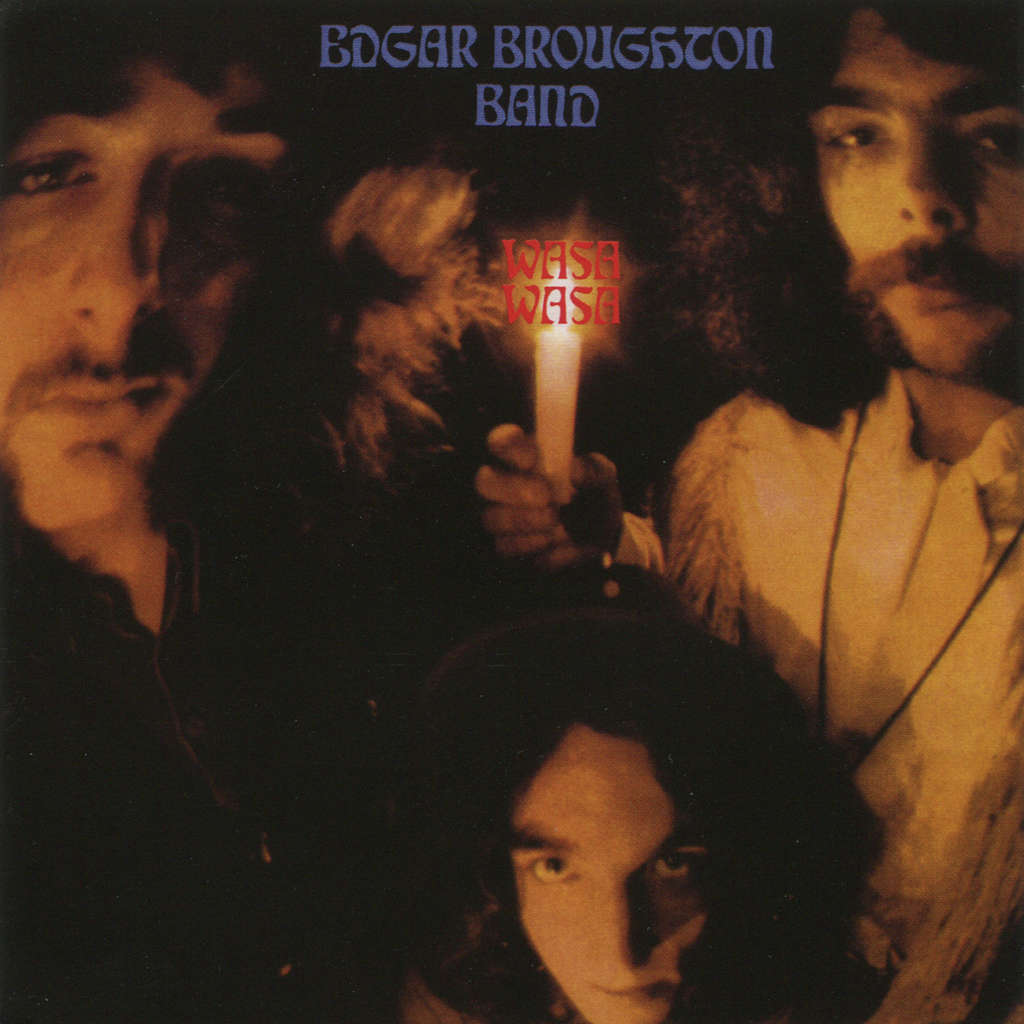
“Howlin’ Wolf fascinated me, as did Captain Beefheart”
I really enjoy your raspy vocals. It sounds similar to Captain Beefheart and Howlin’ Wolf.
Howlin’ Wolf fascinated me, as did Captain Beefheart. I found that the low tone with a rasp was fairly easy for me to produce, but it is only one of several “voices” that I use.
You toured quite a lot back then.
We were constantly touring. Not only that, but we were the first UK band to play free music on a regular basis. It was part of our ethos, so we played a lot of gigs in those first couple of years. It felt so good to be doing what we wanted, touring the country, and meeting the people. It felt right, and we all loved our jobs. It was better than working in a factory. There are so many stories, some true, some the stuff of legend, and some complete lies.
How did the audience react to your music?
They responded massively and loudly to our music. Audience participation was a major contributor to the energy our gigs generated.
You recorded an album at Abbey Road in 1969. Only ‘Out Demons Out’ / ‘Momma’s Reward (Keep Them Freaks A-Rollin)’ was released as a single.
I don’t believe anything was lost. EMI will always find a way to get more mileage out of old material if there is any commercial potential in it. They will dig deep to add some unreleased material to their repackaged offerings, and that is what happened.
‘Sing Brother Sing ‘was released in 1970.
It was our second album. It is always difficult to make a second album because you have lots of material that has been performed over and over for the first album. By now, we were a little more in tune and more comfortable in the studios at Abbey Road. I still like parts of ‘Sing Brother Sing’.
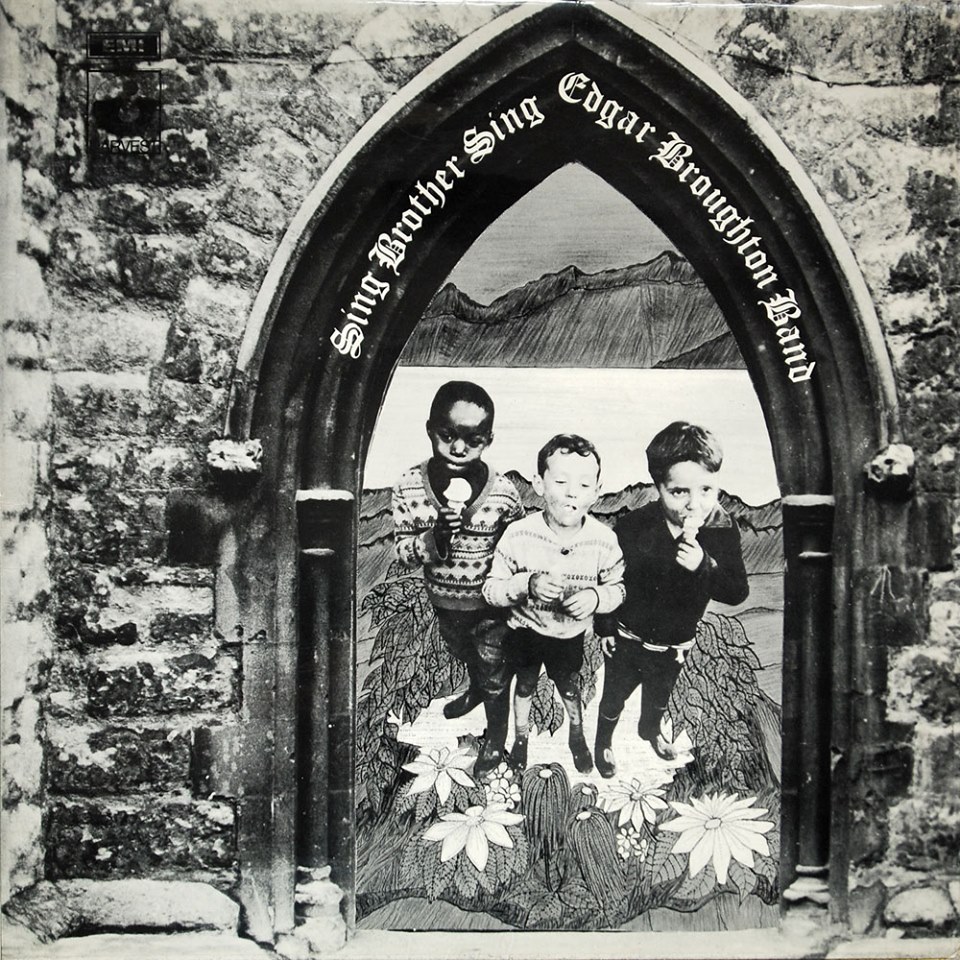
Later that year, you released the ‘Apache Drop Out’ / ‘Freedom’ single, which was very successful.
Yes, I still like it a lot. I met Hank Marvin at the studio when we were mixing it. He came in to listen and had a good laugh. He said that I could have borrowed his echo unit if he had known about the project. Nice man! Jerry Lordan, who wrote Apache, hated it. We wanted to call it ‘Drop Out Apache,’ but he insisted it be called ‘Apache Drop Out.’ A couple of years ago, it found its way onto a compilation of “Mash Ups,” and we were the first band to construct one.
You decided to ask Vic Unitt to join the band.
Our manager and producer, Pete Jenner, floated the idea and it was agreed. Vic wasn’t playing with the Pretty Things at that time. We set him up for the gig with the Pretty Things a while after that, mainly because we had had enough of each other.
In May 1971, your third album was released. It was called the ‘Edgar Broughton Band’ album or just The Meat Album. Where did you get the idea for that cover artwork?
Storm and Po at Hypgnosis came up with that because we were all vegetarians at the time and we all thought it would have some shock value, and it did.
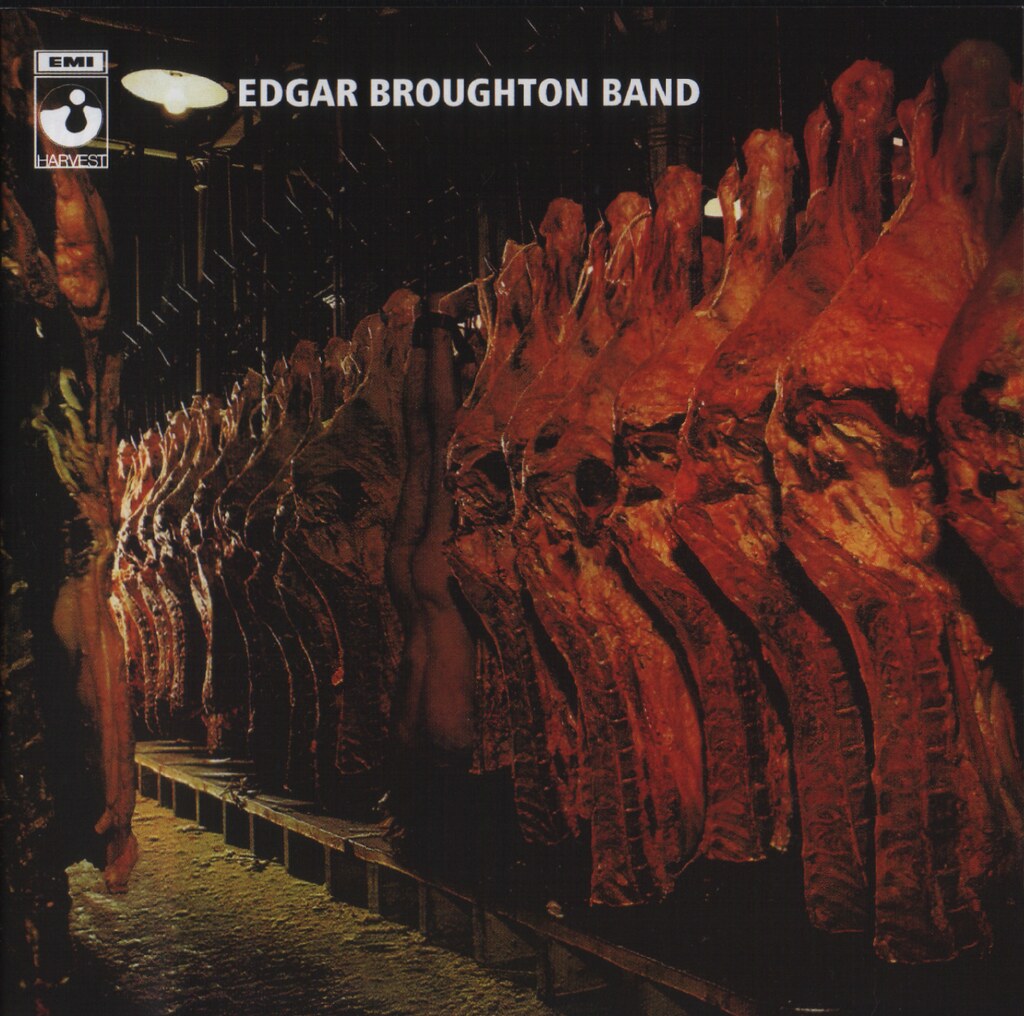
What can you tell us about the recording?
It was recorded slowly on 16-track tape and included our first experimentation with orchestration, courtesy of our good friend and co-conspirator David Bedford, who arranged the strings.
Later that year, you also released a single ‘Hotel Room’ / ‘Call Me a Liar’.
Tony Blackburn (Radio 1 DJ) didn’t care for the EBB, but he loved the recording and played it every day for a week. If it hadn’t been for a UK postal strike, we would have played it on Top Of The Pops. It’s a dark record that struck a chord with people all across Europe and became an essential part of our live shows. ‘Call Me a Liar’ was a stomping cruncher with lots of hidden messages, but the main thrust of it was and still is that “The planets in a bad, bad way”. Again, this became and stayed a popular song in the live show.
Your third album was pretty successful. You started working on your next album In Side Out. Did Victor Unitt play on it?
Yes, Victor was still on guitar as he was on Oora. It was written in North Devon where we all lived in a mansion owned by Sandersons, the wallpaper people. It is a very dark record with lots of angst and some rather pretty highlights. Not the happiest time of my life, though I still like parts of the album, especially the beginning sequence including ‘Side by Side’.
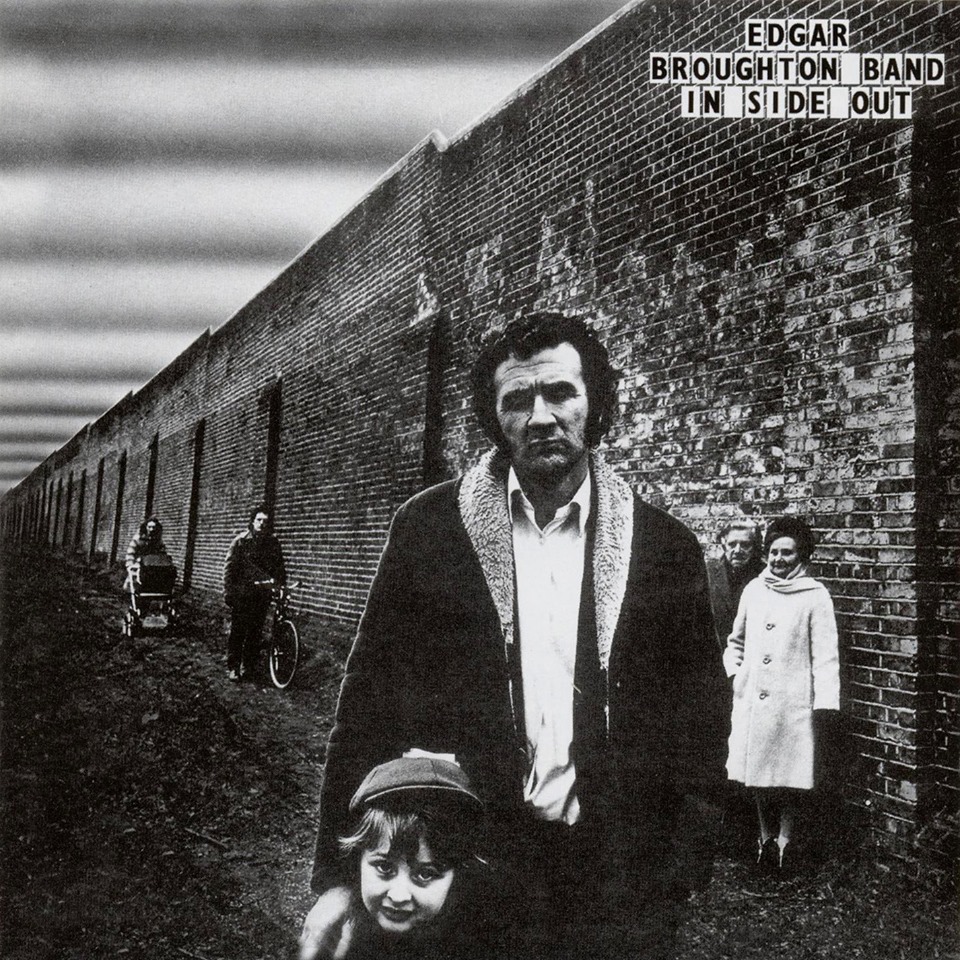
After that, you released ‘Oora’.
Lots of variation on this album, and I like lots of it.
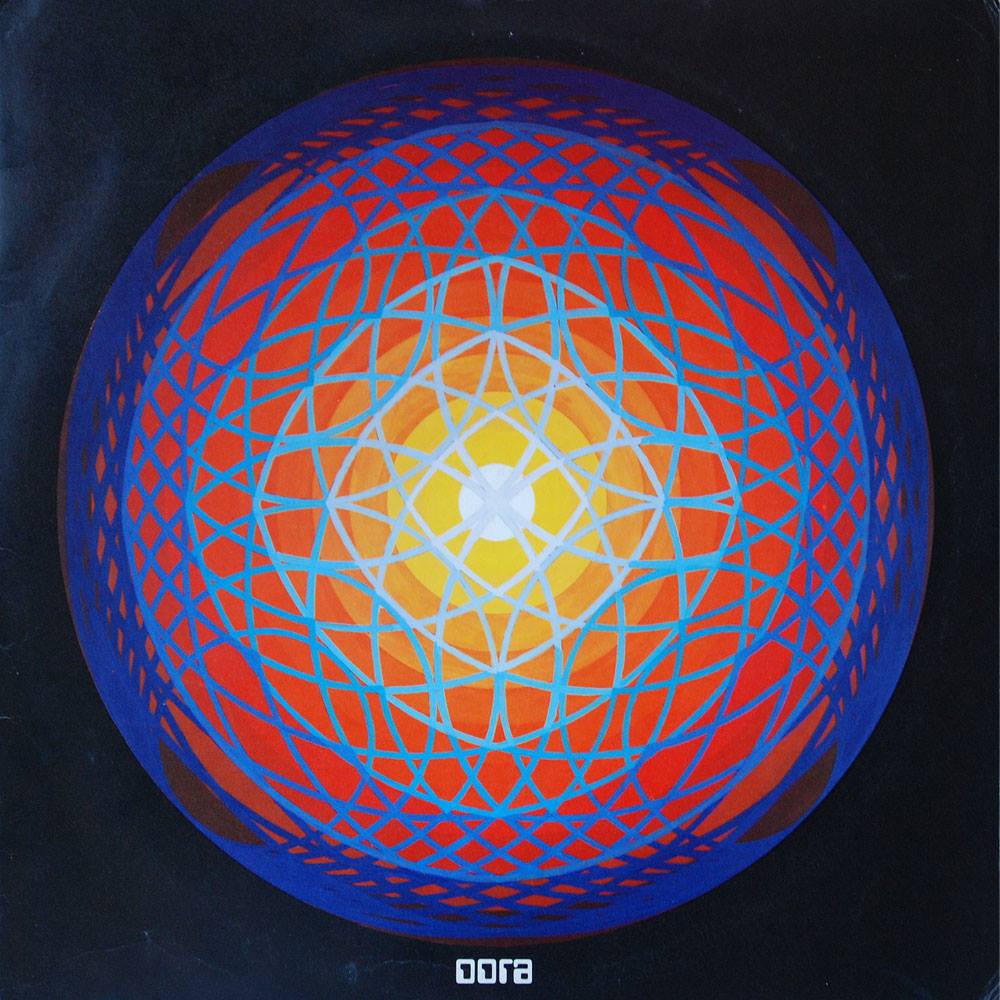
What did you do from 1973 to 1975, when you signed to NEMS Records?
Not much.
You released the ‘Bandages’ album early in 1976. John Thomas left and was replaced by Terry Cottam. In late 1976, you recorded a live album called ‘Live Hits Harder!,’ but it was released in 1979. Why?
I like ‘Bandages,’ and it reminds me of crazy times in Norway where it was recorded. ‘Live Hits Harder!’ took that time to get finished, and the band broke up.
‘Parlez-Vous English’ was another album released in that period. You had some serious legal problems at that time.
We had problems with our management prior to this and sued them in the High Court. We are one of the only bands to recover all rights and everything else we demanded because our management, World Wide Artistes, didn’t bother to do their homework. They were awful people, and it served them right. Private Eye did a very funny piece about the whole sordid affair. ‘Parlez-Vous English’ was financed by a Swiss company who were not really up to the task of marketing it.
In 1982, you released your last studio album ‘Superchip: The Final Silicon Solution?’ on your own label.
‘Superchip’ was begun with financing by our Swiss friends who were so horrified when they heard the first songs that they pulled out entirely, and we finished it by ourselves. I like a lot of this recording because it was quite a departure for us. I think you either love or hate it. Some of the songs seem to have been quite prophetic and could be written about some of the issues and circumstances we all find ourselves in today.
In the 80s, you infrequently toured. The same goes for the 90s. In 2006, you recorded ‘Live at Rockpalast,’ which was released on DVD.
We reformed to tour because EMI was releasing our early catalogue remastered. The guy who was coordinating the project put a UK tour together and arranged the Rockpalast show.
You recently disbanded.
Friction in the band led to a couple of the guys leaving. I could not see how they could be replaced easily. We had been working together for 5 years by then, and I didn’t want to spend a year looking for committed musicians of the same caliber. Also, the person who was mainly responsible for the debacle did nothing at all to put things right, and for this reason, I have absolutely no plans or current desire to go back to that.
Do you have any solo plans for the future?
Yes, I have been invited to play on the Spirit of 71 Stage at Glastonbury Festival 2011 on Friday the 24th. I am also playing some UK Dates towards the end of the year. See my website for details. I am also playing some dates as part of what I call A Fair Day’s Work For A Fair Day’s Pay. I will play at a private event for anyone, anywhere for the equivalent of one day of their wages plus accommodation, my supper, and travel costs. Now, that is a deal!
Is there any unreleased material available?
Not much.
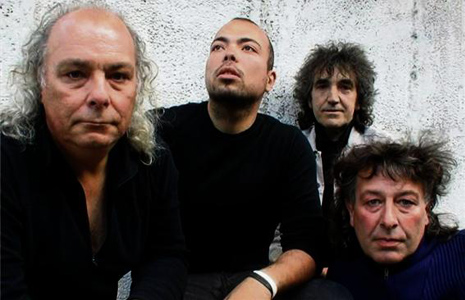
Thank you very much. Last word is yours.
I guess we’ll leave it there.
Klemen Breznikar
Edgar Brougton Band Official Website

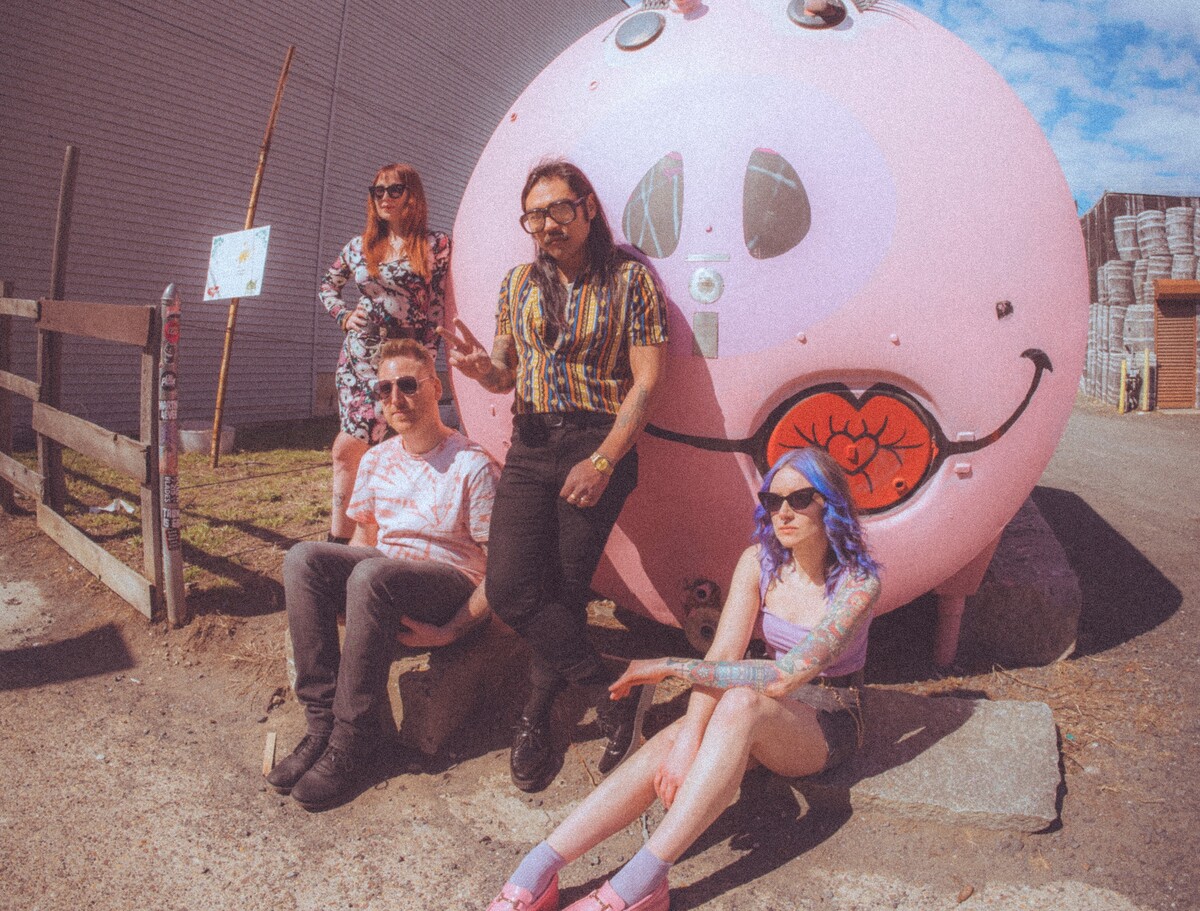
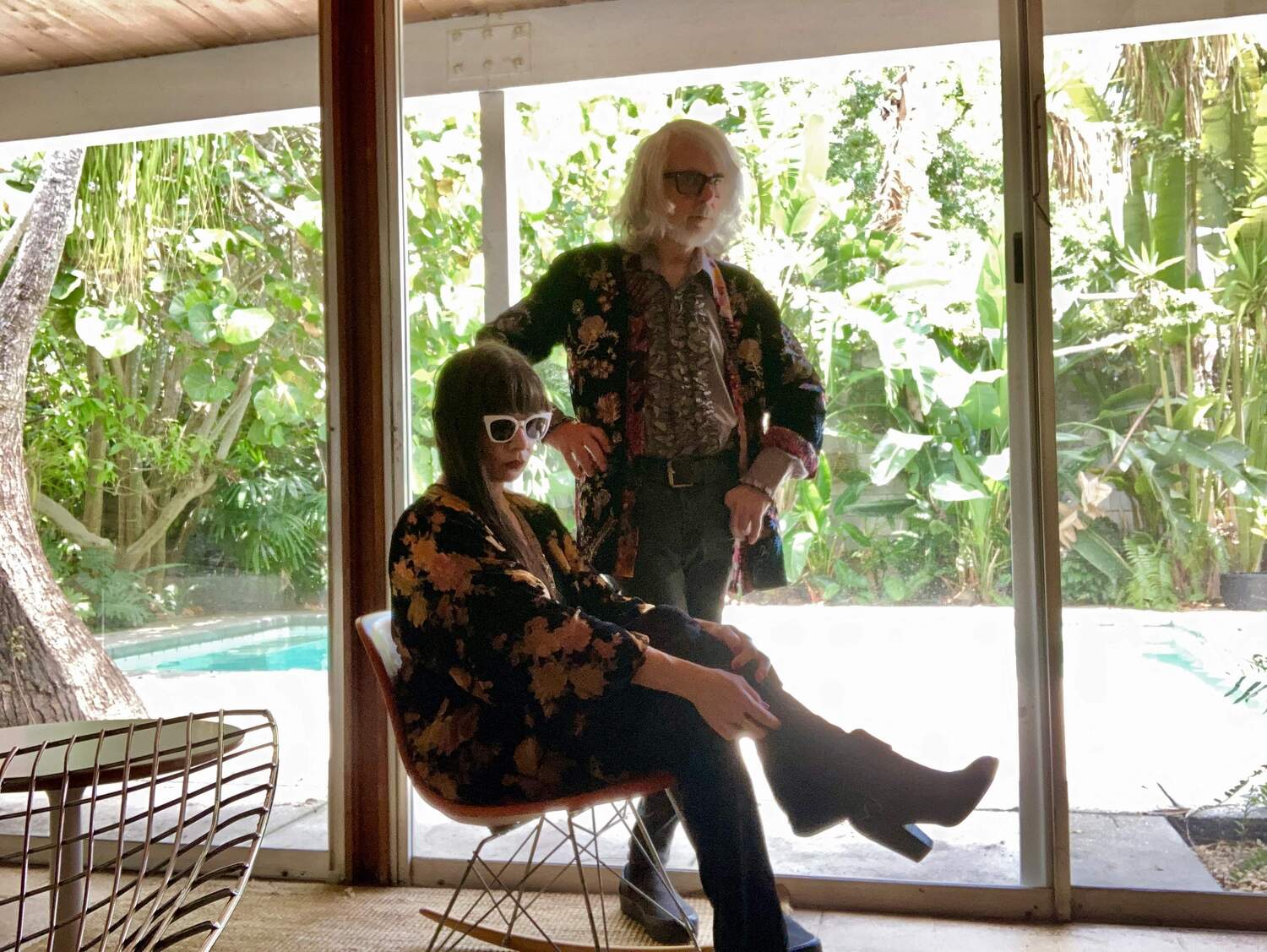
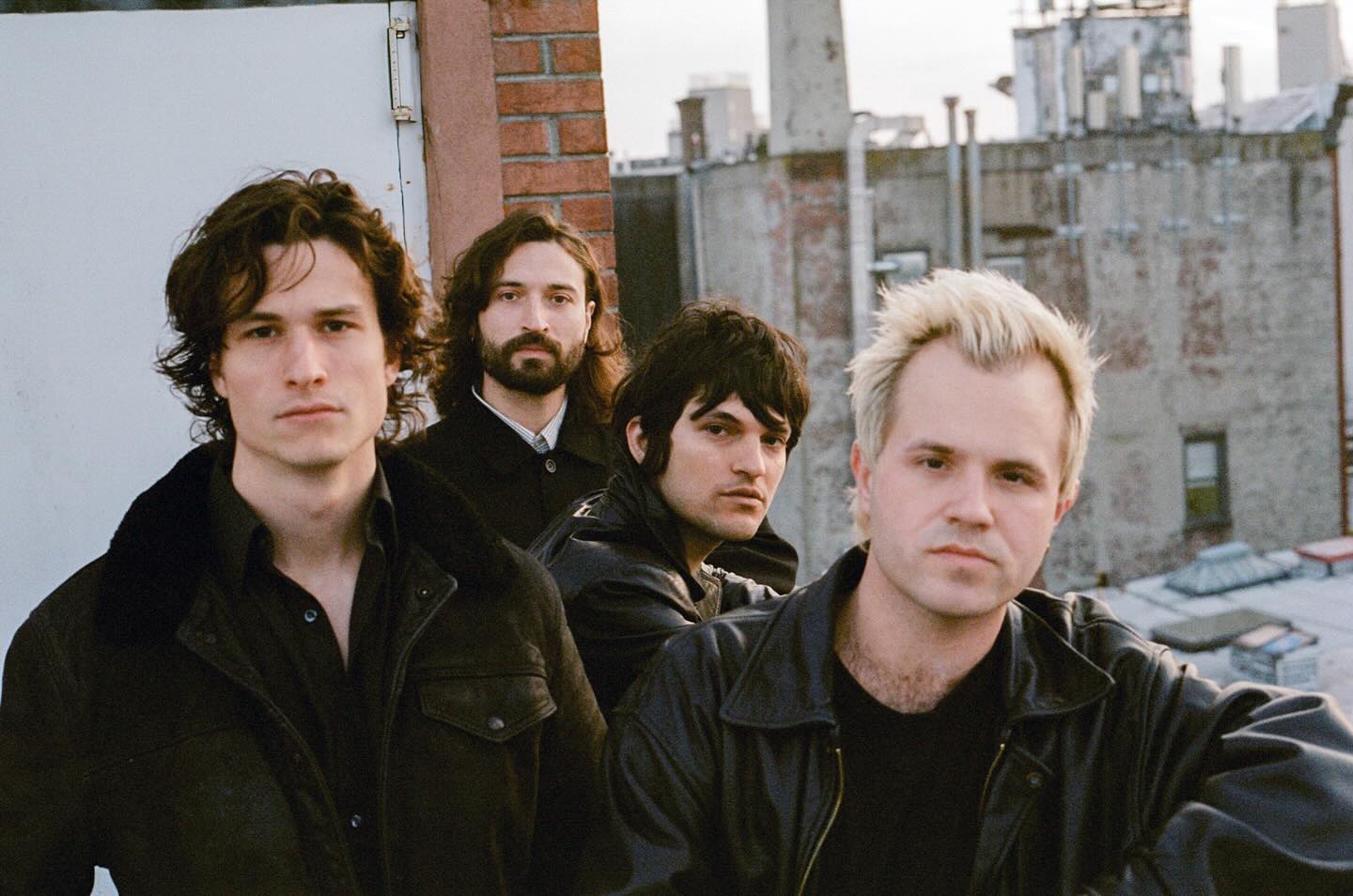
Thanx for this
Klemen se slisi domace?
echoes:
sliši se domače ja 🙂